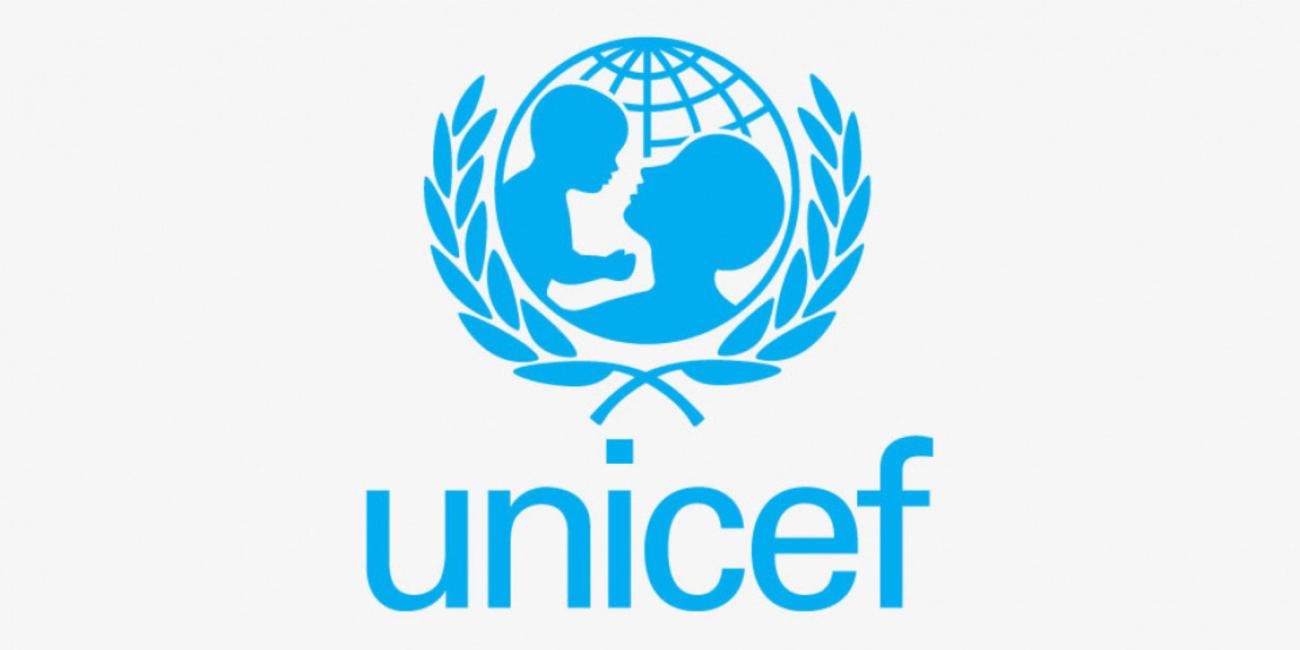The United Nations Children’s Fund (UNICEF) has warned that the food and nutrition crisis might deepen in Nigeria, as the country has already been flagged as having the highest number of malnourished children in Africa and the second highest in the world.
Nemat Hajeebhoy, Chief of Nutrition at UNICEF, gave the warning on Monday during a media briefing on the 2025 lean season multisectoral response plan for Borno, Adamawa, and Yobe States.
“Nigeria has the highest number of malnourished children in Africa and the second in the world,” Hajeebhoy said.
She disclosed that 600,000 children in Nigeria are suffering from acute malnutrition, and half of them are at risk of developing severe acute malnutrition. “Children with severe acute malnutrition are nine to 11 times more likely to die,” she added.
Serigne Loum, Head of Programme at the World Food Programme (WFP), also warned of worsening conditions. “Nigeria has the highest number of food insecure people on the continent,” he stated.
The briefing, organised by the United Nations Office for the Coordination of Humanitarian Affairs (OCHA), was aimed at mobilising funding and support for humanitarian response in the region.
Trond Jensen, Head of OCHA in Nigeria, said $300 million is required to respond adequately to the crisis. “$160 million is needed to address problems of food insecurity, nutrition, water and sanitation, health, protection, and logistics that come with the lean season,” he said.
“This is the absolute bare minimum that we are needing. Of course it’s a paradox and a dilemma that we are facing that whereas the need when it comes to severe acute malnutrition have doubled in the year, our ability to address those needs in some instances has halved,” Jensen added.
“And that’s because then of the freeze of US funding, but also then the cuts in other donors funding.”
He said OCHA has been forced to reduce its target from four million to two million people due to the budget shortfall, and called on governments and international partners to step in.
The development follows OCHA’s announcement last month that it would begin scaling back operations in Nigeria due to a $58million funding gap.




